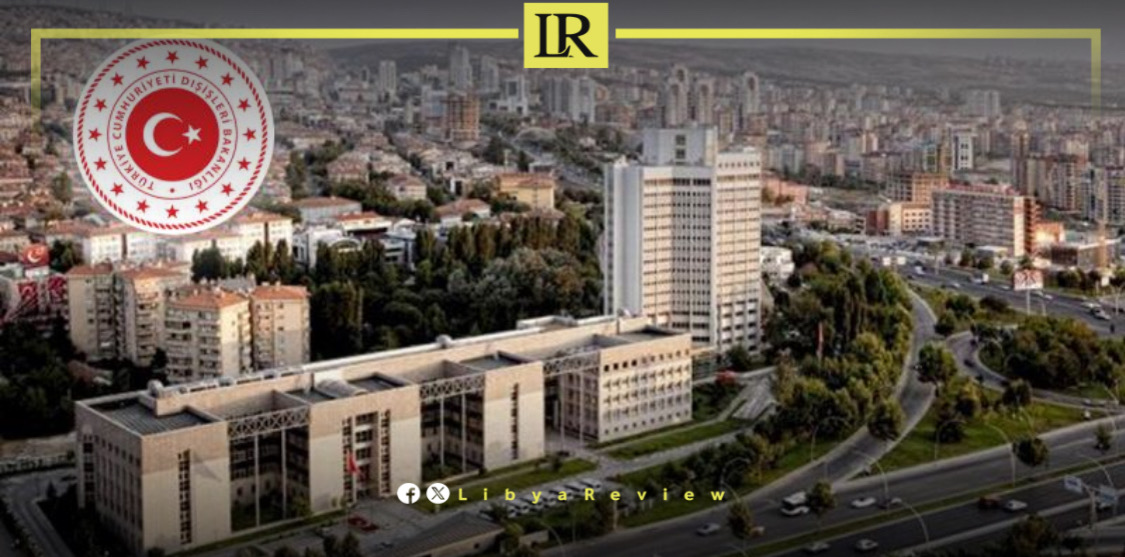On Wednesday, Turkey announced that its Consulate General in Benghazi has officially resumed its activities, marking a renewed diplomatic and strategic commitment to Libya’s stability.
The Turkish Foreign Ministry conveyed that the resumption of consular services in eastern Libya reflects Ankara’s ongoing support for the country’s political unity, territorial integrity, and a Libyan-led peace process. Turkey’s approach, the ministry emphasized, is based on cooperation with institutions rather than specific individuals or factions.
The decision to reactivate the Benghazi consulate aligns with Turkey’s broader strategy of engaging all regions of Libya—east, west, and south. Turkish officials told TRT Haber that Turkey remains dedicated to fostering stability and prosperity in Libya, with a focus on supporting Libyan institutions and encouraging political dialogue. The consulate’s renewed operations will facilitate Turkey’s involvement in areas such as security, energy, trade, and development, aiming to deepen ties with Libya’s diverse regions and stakeholders.
Turkey’s increased diplomatic presence in Benghazi is part of its efforts to build strong relationships across Libya, using international forums, diplomatic meetings, and direct engagement with Libyan factions.
The Foreign Ministry reiterated Turkey’s commitment to supporting a political process centered on elections, dialogue, and compromise as the means to resolve Libya’s ongoing conflicts. A ministry representative added that Turkey would continue meeting with leaders from all Libyan factions to build a unified path forward, emphasizing Libya’s sovereignty and well-being.
This move comes against a backdrop of complex regional tensions surrounding Turkey’s role in Libya. Since Libya’s 2011 revolution, the country has been divided, with foreign powers backing opposing factions.
Turkey has been a strong ally of the former Tripoli-based Government of National Accord (GNA), and its military support was instrumental in repelling the eastern-based Libyan National Army (LNA) led by Field Marshal Khalifa Haftar in 2020. Turkey’s active role in supporting the GNA has strengthened its influence in western Libya but has also drawn criticism from rival powers.
Countries such as Egypt, the United Arab Emirates, and France have voiced concerns that Turkey’s involvement in Libya serves its own strategic interests, with some accusing Ankara of deepening Libya’s divisions. Turkey’s establishment of military bases in western Libya and close ties with the current Government of National Unity (GNU) have fueled suspicions among these nations, who view Turkey’s presence as potentially destabilizing.


